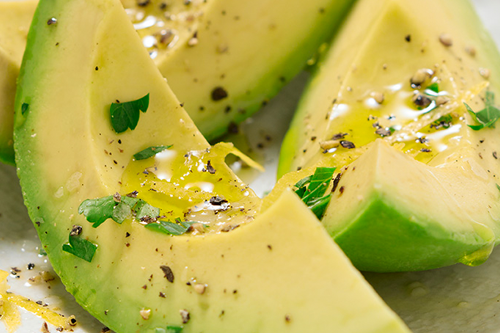
The avocado is a tree that is native to South Central Mexico, classified as a member of the flowering plant family Lauraceae. Avocado (also alligator pear) also refers to the tree’s fruit, which is botanically a large berry containing a single seed.
Avocados are commercially valuable and are cultivated in tropical and Mediterranean climates throughout the world. They have a green-skinned, fleshy body that may be pear-shaped, egg-shaped, or spherical. Commercially, they ripen after harvesting. Avocado trees are partially self-pollinating and are often propagated through grafting to maintain a predictable quality and quantity of the fruit.
As a skinnier girl, I recommend eating avocados just to get some healthy fat, just like people count calories to gain weight, I count calories to lose weight.
Growing Indoors

Indoors, an avocado tree is usually grown from the pit of an avocado fruit. This is often done by removing the pit from a ripe, unrefrigerated avocado fruit. The pit is then stabbed with three or four toothpicks, about one-third of the way up from the flat end. The pit is placed in a jar or vase containing tepid water. It should split in four to six weeks and yield roots and a sprout. If there is no change by this time, the avocado pit is discarded. Once the stem has grown a few inches, it is placed in a pot with soil. It should be watered every few days. Avocados have been known to grow large, so owners must be ready to re-pot the plant several times.

